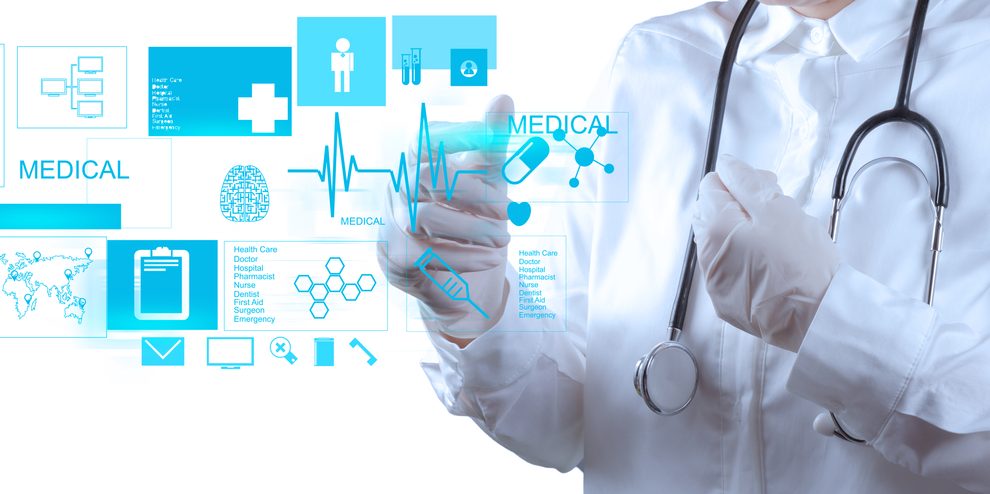Since healthcare delivery is rapidly moving toward a more digital model, electronic health records, or EHRs, are likely to become even more important and impactful in the years to come. EHRs are the foundation for providing safe and effective care. The themes covered in this seventh edition of Healthcare Foresight are insight-driven decision making based on data platforms, developing regional EHR approaches that enable integrated care, and avoiding implementation problems. An interview on the development of EHRs with Oracle Health Chairman David Feinberg concludes this edition.
The phrase “electronic medical record” is becoming a bit archaic. It has been replaced by an electronic health record, or patient record, which compiles clinical data from several locations into a single, all-encompassing picture of the patient. Healthcare providers can now more easily achieve the long-aspired-for health data ideal of one patient, one record, thanks to developments in cloud computing, cybersecurity, and artificial intelligence (AI).
Patients moving between multiple care settings—the community, hospitals, primary care clinics, and wherever else they might receive care—should have a seamless experience thanks to the EHR. However, the possibilities are far more.
Consider how a hospital may forecast the need for intensive care and adjust staffing levels based on data from electronic health records. Envision an electronic health record that actively updates a patient’s record while a consultation is taking place, saving the physician from needing to glance at a computer screen. Imagine a society in which the treatment we receive is informed not only by clinical data but also by data derived from genetic or environmental sources regarding our potential health risks.
More data-rich electronic medical records are not the same as electronic health records. The EHR should function quite differently from its predecessors if it is to realize the full potential of digitally enabled healthcare that is incorporated into routine workflows. Interoperability should be the foundation of the design of electronic health records, which should be data platforms. The vast volumes of data stored in these systems will therefore only be able to support insightful healthcare decision-making, which will ultimately lead to improved patient care.
The following articles are included in Healthcare Foresight’s seventh edition:
- The importance of applying program governance, change management, and strategic planning while putting an EHR system into place, as well as helpful tips for avoiding typical installation project errors.
- An overview of the work Italy is doing to roll out EHRs widely throughout its regions to connect different layers of health providers, as well as important takeaways for other jurisdictions considering similar undertakings, are provided along with an analysis of how regional EHRs present an opportunity to reinvent the continuum of care.
- The reasons why decoupling electronic medical record systems’ functionality from data could spur innovation in the field of digital health.
- An interview with David Feinberg, chairman of Oracle Health, regarding the development of EHRs, their support for integrated care delivery, the necessity of interoperability, and how to use data and technology system investments to boost organizational efficiency and cut expenses.
We hope these articles are enlightening and motivating for you. Robust systems are necessary in today’s data-rich world to store and arrange all of the data that will drive the crucial healthcare decisions we make. Although the concept of electronic health records dates back to the 1970s, we think that today’s digital information repositories are more important than ever for the smooth operation of our healthcare systems. We consider them to be just as necessary as electricity, heat, and light.
Working with EHR vendors to ensure successful deployments, KPMG helps healthcare organizations and systems all over the world overcome the challenges associated with the sustainable deployment of EHR systems. Professionals from KPMG can customize advise to meet the specific requirements of each healthcare organization because they have experience at every step of the EHR life cycle.

























